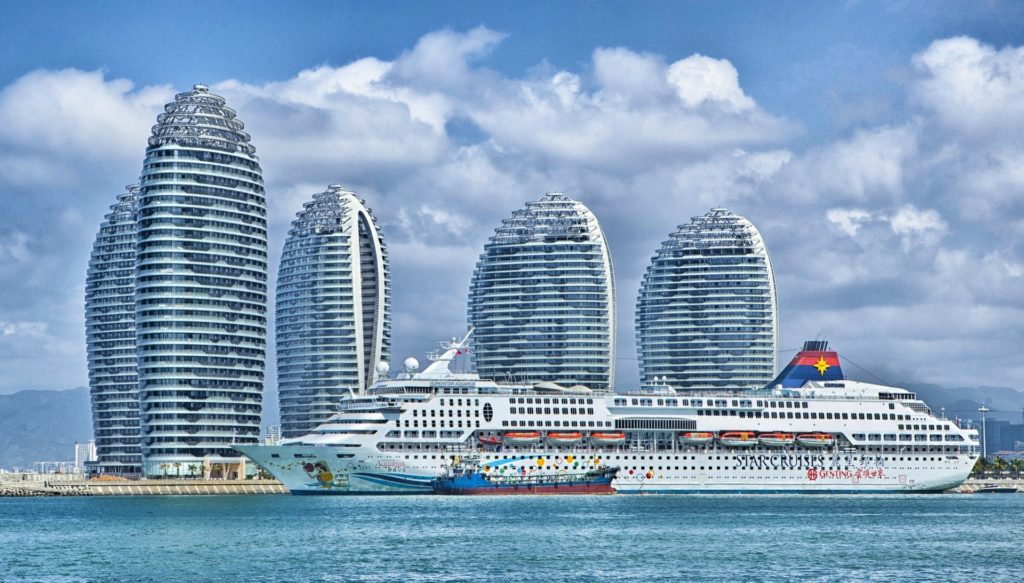There’s no other feeling like sailing the seas. Whether you’re working on a cargo ship, cruise ship, or fishing vessel, your personal safety should be of the utmost importance. The idea of not making it home to family and friends is not one that anyone wants to dwell on, so be sure to take these personal safety tips to heart so that you can dock in the same condition you set out in. If an accident does occur while you are working, do not hesitate to reach out to a boat accident attorney to represent you.

1. PPE
Personal protection equipment includes safety helmets, goggles, and earmuffs. This equipment is mandatory on most vessels to ensure crew safety and will hopefully reduce your likelihood of needing expert representation from a skilled maritime accident attorney. It is also required that PPE be regularly inspected to ensure that it will perform its job correctly and effectively. Consider stocking up on PPE so that there is no risk of running out or encountering shortages. You can find a wide selection online at unigloves.co.uk.
2. Safety Equipment
Having safety equipment on board is a must. And seamen should know how to use it properly as well. Life rafts, emergency medical equipment, fire extinguishers, etc. are all important safety equipment to have on board. Communication equipment is also considered safety equipment.
3. Appropriate Use and Storage of Equipment
Knowing how to properly use tools and equipment is imperative to your personal safety. And it is just as important to know how to properly store the equipment. Improperly storing and using equipment in a manner that it’s not meant to be used can result in avoidable injuries and the damaging of much-needed equipment. Keep PPE in a safe place where it can be easily located and is secure, such as in a PPE storage cabinet like those found here.
4. Proper Clothing
Wearing the proper clothing for your position and your duties is a must. Survival suits may be the best option for some, while life vests are better in other situations. Well-fitting clothing and shoes with a good sole can reduce the risk of getting caught in machinery and slips and falls.
5. Be Alert
Enough can’t be said for being alert while aboard a ship. There are quite a few hazards that are common on most vessels. Some of these include insects and other pests, sharp objects, machinery, and more. Pay attention while in holds and galleys, and announce your presence. Always be on the lookout for potential hazards and do your best to avoid them.
6. Secure Cargo
It is essential that all cargo be properly secured on any ship. Winds, waves, rocking, and listing can cause things to move. Crew members can get crushed, concussed, or injured by falling or sliding cargo.
7. Communications
All operating crew should know how to operate the communication devices and the various communication protocols. In the event of an emergency, any crew member should be able to call for help.
Every line of work comes with its own set of dangers to be wary of, and working aboard a ship is no exception. In fact, it is one of the more dangerous jobs to have. With this information in mind, it’s a good idea to take your personal safety seriously and do everything you can to enjoy your career safely.

Leave A Comment